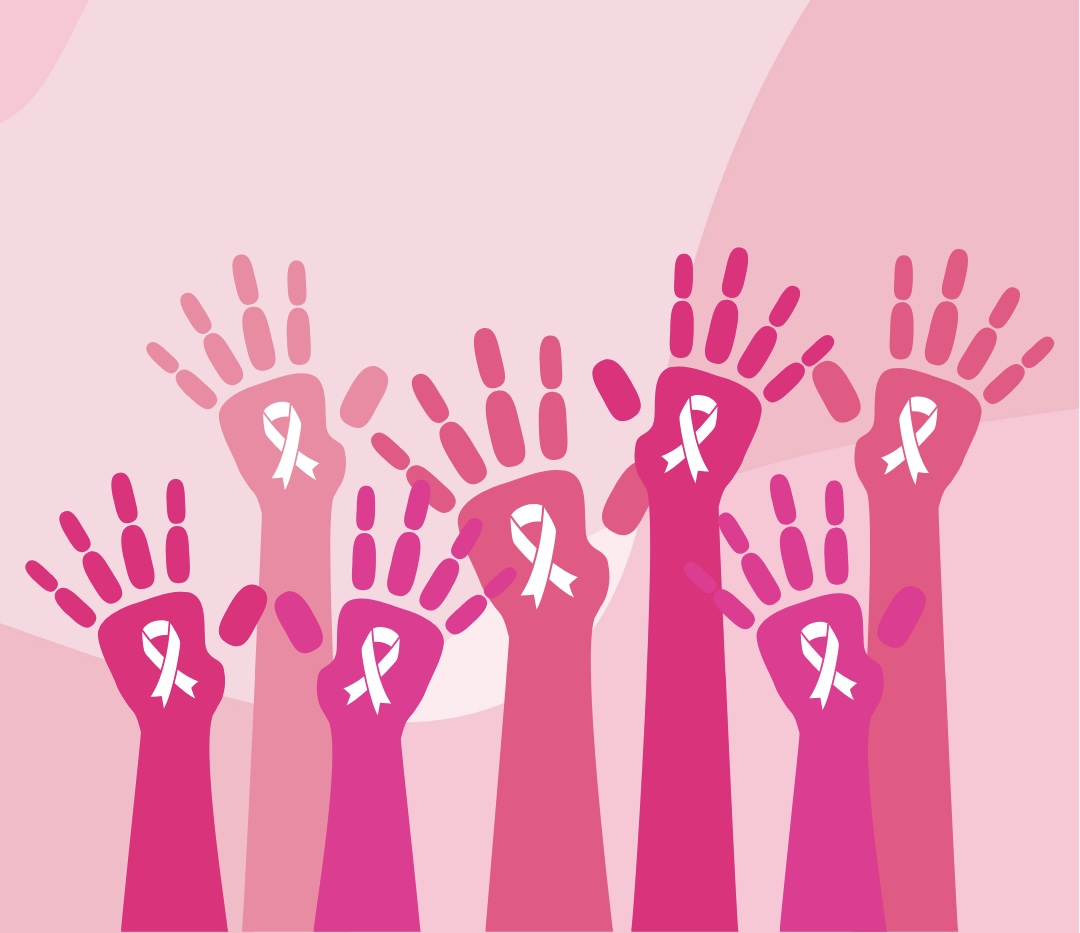October is National Breast Cancer Awareness Month, also referred to as BCAM.
Commemorating The month commerates and spreads awareness of the heroic women battling breast cancer and those who have lost their lives to it. Throughout October, many wear pink ribbons to show their support, raise donations to pink-themed causes and participate in awareness campaigns.
According to the National Breast Cancer Foundation, one out of eight women are diagnosed with breast cancer. In 2023, it is estimated that nearly 300,000 women and 3,000 men will be diagnosed with breast cancer in the United States alone.
For many women, the process of getting screened for breast cancer and scheduling a mammogram can seem daunting and not easily accessible.
The American Cancer Society recommends that women should begin annual breast cancer screening mammograms starting at 40 years old. Women over 55 can choose to be screened every two years or every year as long as they are in good health.
During a mammogram, women stand in front of an X-ray machine while two plates flatten the breast in order to scan the tissue. It is advised by the Center for Disease Control, or the CDC, not to wear deodorants, lotions or perfumes since these particles can sometimes transfer on the screening. Women typically receive their results back within 30 days of the scan.
Oftentimes, breast cancer screenings will be pronounced abnormal. However, this does not always result in cancer. Additional screenings and tests by doctors and surgeons will be necessary in order to reach a definitive answer.
“My grandmother had breast cancer,” said Delaney Derry, a sophomore English major. “She had to go through radiation, which was really tough on her body, my family and everybody emotionally.”
Derry’s grandmother survived breast cancer, but the gene is still present amongst the women in her family.
“It’s something I think about a lot,” Derry said. “Whenever my mom goes for exams, we’re all always on edge because we’re so worried it could possibly show up.”
Some awareness campaigns have raised concerns that breast cancer has been sexualized. With slogans like “I love boobies” and “save second base,” many survivors feel as though they are being diminished and equated to their breasts, as reported by Collective Shout, a women’s advocacy campaign trying to combat this.
Although the intention is to “raise awareness,” many of the messages come across as exploitative.
At GC, sorority Zeta Tau Alpha’s philanthropy is breast cancer education and awareness.
“When you think about it, if you put eight of your friends in a room, one of them will have breast cancer one day,” said Greer Harper, a member of Zeta Tau Alpha at GC. “That’s so scary to think about.”
During October, the sorority made cards for survivors, held a breast cancer survivors lunch and hosted a 5K to raise money for breast cancer treatment and research. While the sorority tabled around campus, they passed out cards that teach women how to do self-examinations and the importance of breast cancer education.
“Along with educating women and spreading awareness, we try to be a big support system for other women,” Harper said. “It’s a huge deal that impacts so many people, so it’s very important to have that strong support system, and people that really do sympathize with you when you’re going through something as scary as breast cancer.”


